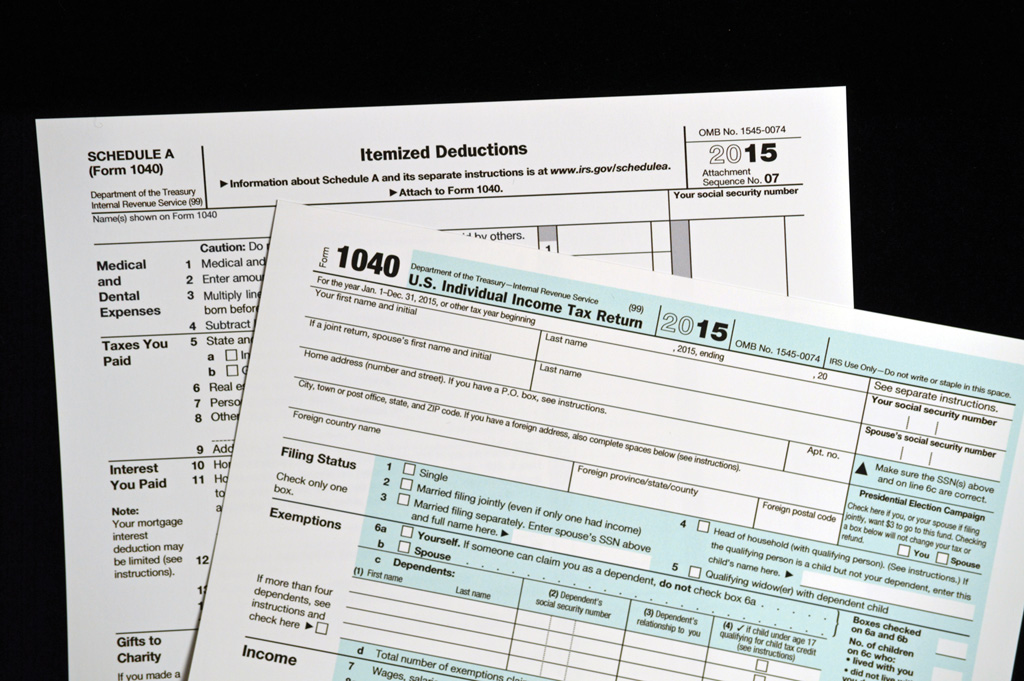By Marilyn Kennedy Melia
Content That Works
Pay rent and “you’re throwing money away.” Like many adages, this one contains a kernel of truth.
But that kernel has shrunk a bit, considering that, for many homeowners, the tax advantage of buying has vanished.
Homeownership traditionally delivered income tax savings because a homeowner’s mortgage interest payments plus property taxes easily exceeded the standard deduction allowed by the IRS. But since 2008, falling interest rates and lower home prices have reduced mortgage interest payments so that they may not top the current $12,600 standard deduction for married couples, according to John Burns Real Estate Consulting.
Single buyers “would be more likely to take advantage of the tax deduction,” says John Burns, chief executive officer of the real estate research firm. “But given the single standard deduction of $6,300 and the interest on a $200,000 mortgage totaling about $8,000 annually, the interest deduction is relatively small: $1,700.
“If people are really buying a home for the tax benefits, they need to think twice,” says J. Michael Collins of the Center for Financial Security at the University of Wisconsin-Madison. Think of buying as having “some financial benefits, but also some costs,” he advises.
Long-term owners benefit by locking in much of their future housing payments, especially if they take a fixed rate mortgage, Collins points out. With each monthly payment, owners chip away at the overall mortgage principal owed.
A tax write-off is more valuable to high earners, the very people who find it easier to afford buying. Lower and median-income households may find “renting is the only option,” Collins observes. But they can dismiss the worry that they’re throwing money away.
© Content That Works

